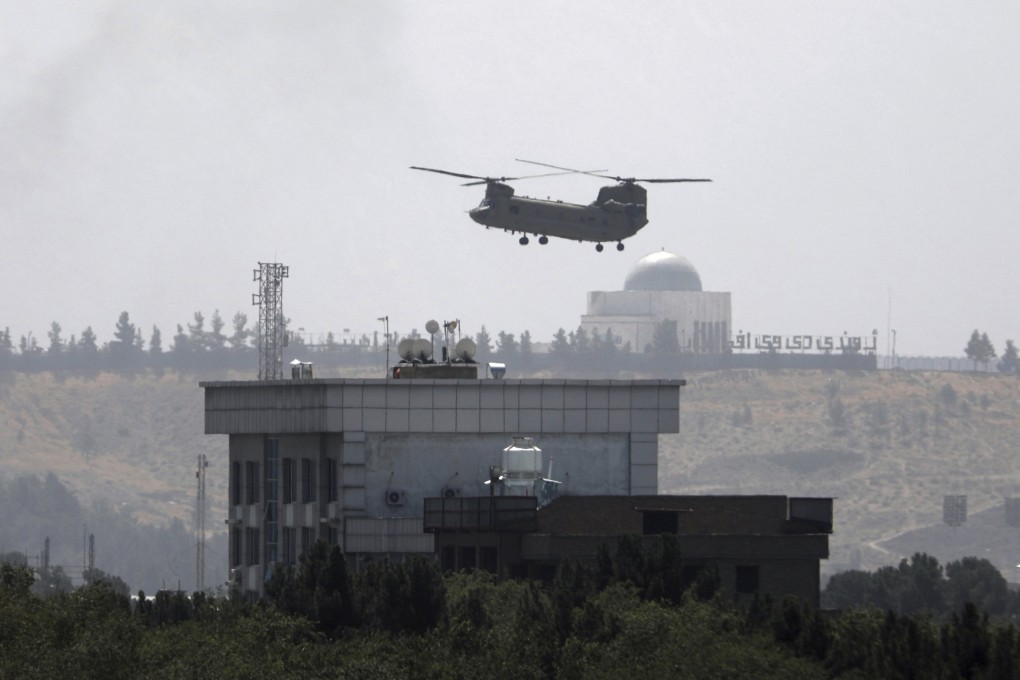China Briefing | For China, America’s messy Afghanistan exit is more than a laughing matter
- The catastrophic failure of American might against a ragtag opponent relying on Mao Zedong-style tactics has given Beijing a propaganda coup and Chinese media a field day
- But beyond the scorn lie serious questions over US influence and its willingness to defend Taiwan. What’s more, America has freed itself to focus on China and left a vacuum in which terror can breed

America’s longest war has ended in a catastrophic failure, further polarising domestic politics, sapping its international standing, dismaying its allies, and emboldening its enemies.
But the winning military strategy of the Taliban’s much smaller ragtag army of fighters armed with just AK-47s and grenade launchers was all too familiar to Chinese students of modern history. The Taliban relied on guerilla warfare; it built rural bases and used the countryside to encircle and finally capture cities. That was exactly how Mao Zedong’s People’s Liberation Army – with much inferior equipment and supplies known as “millet plus rifles” – routed the much more powerful Kuomintang nationalist troops, who were well equipped with US-supplied fighter planes and tanks in the 1940s.
Understandably, Chinese official media reports and commentators have been relentless in mocking the American defeat in Afghanistan, a country known as “the Graveyard of Empires”. A commentary in the nationalistic Global Times newspaper said the US withdrawal was “a page of shame” and proof of its failure to coerce and change other countries through military power.
